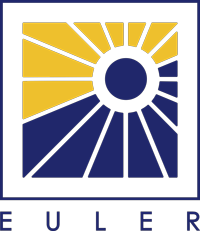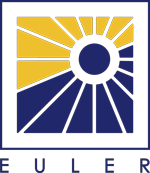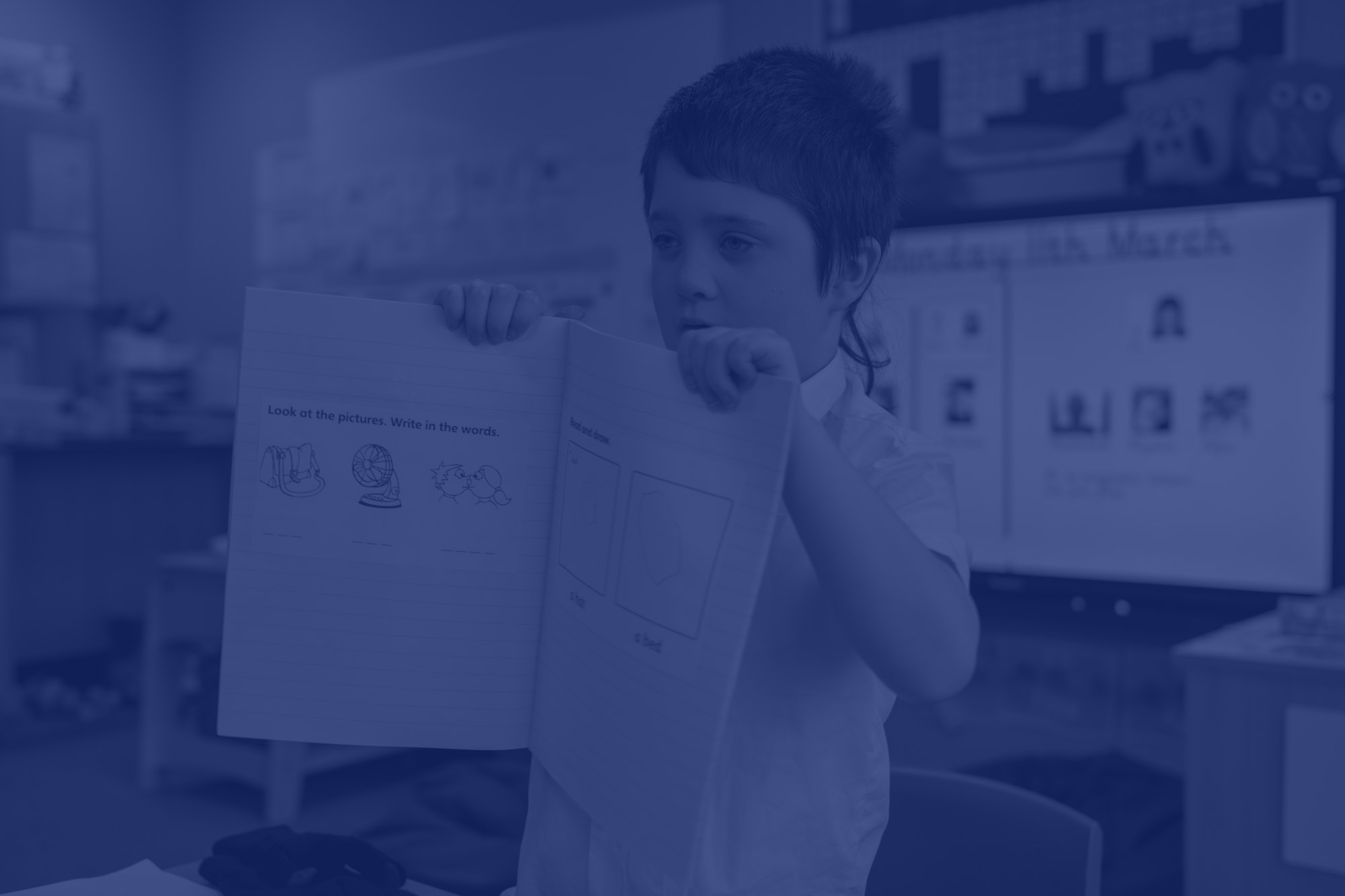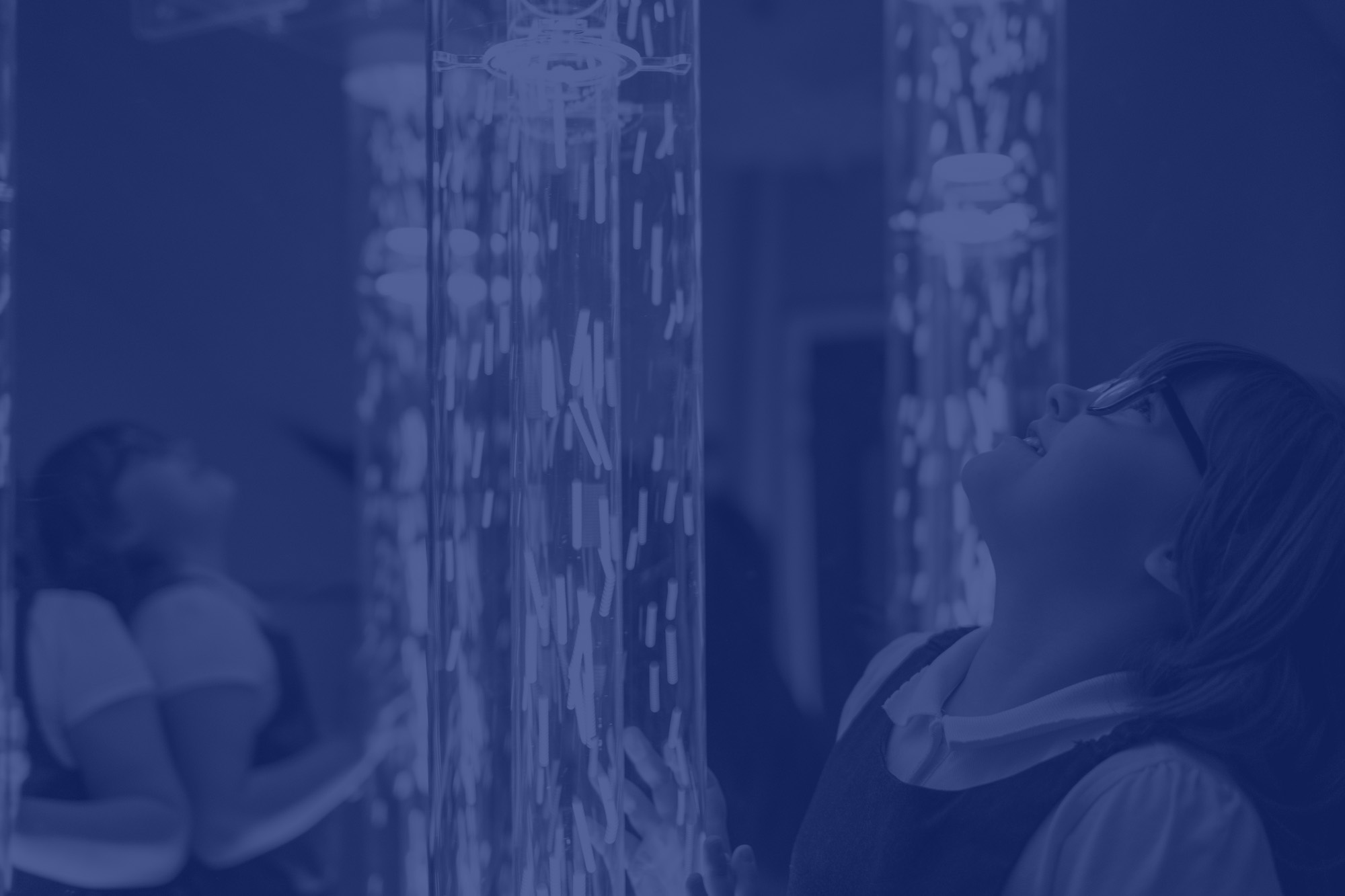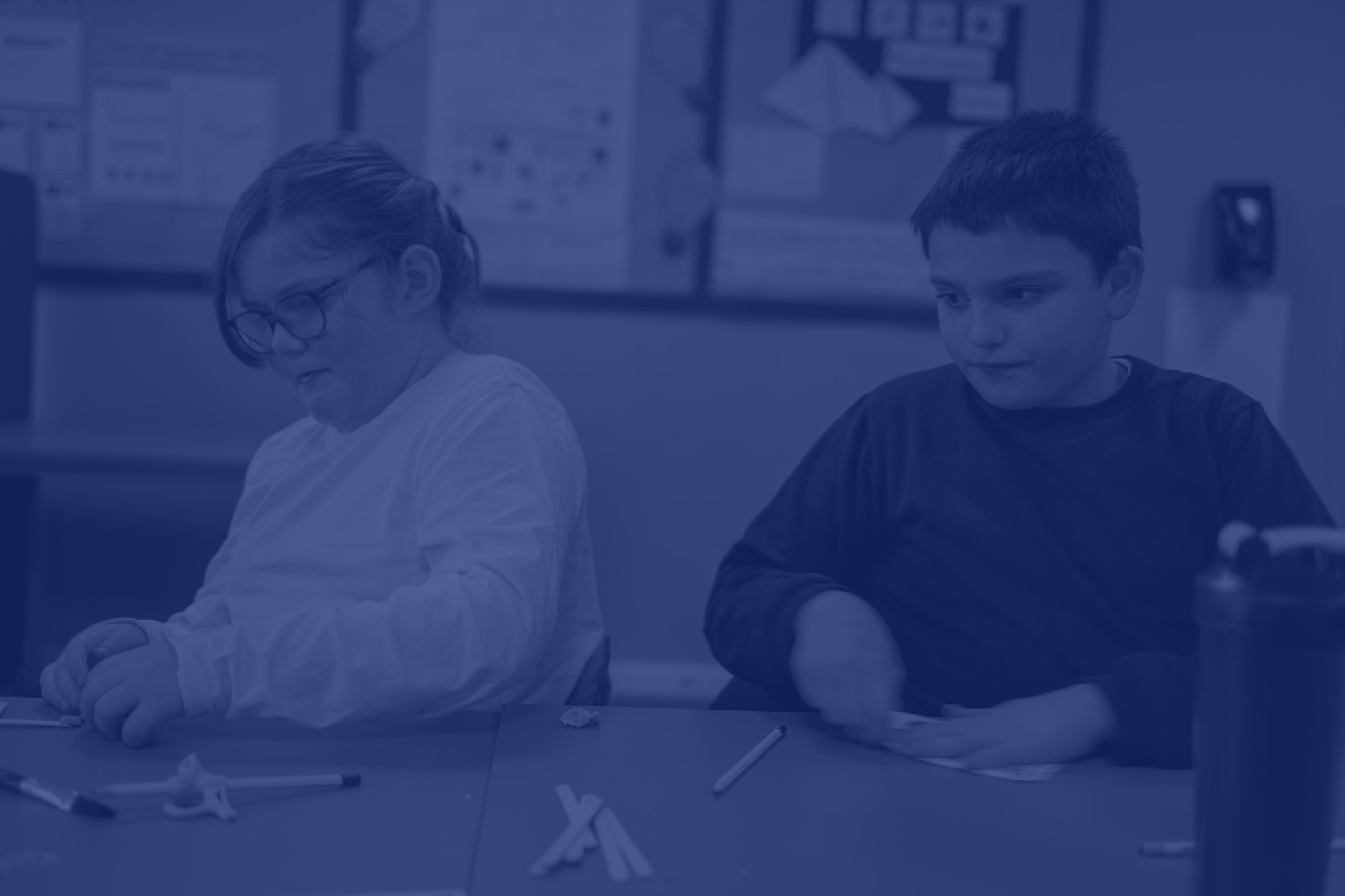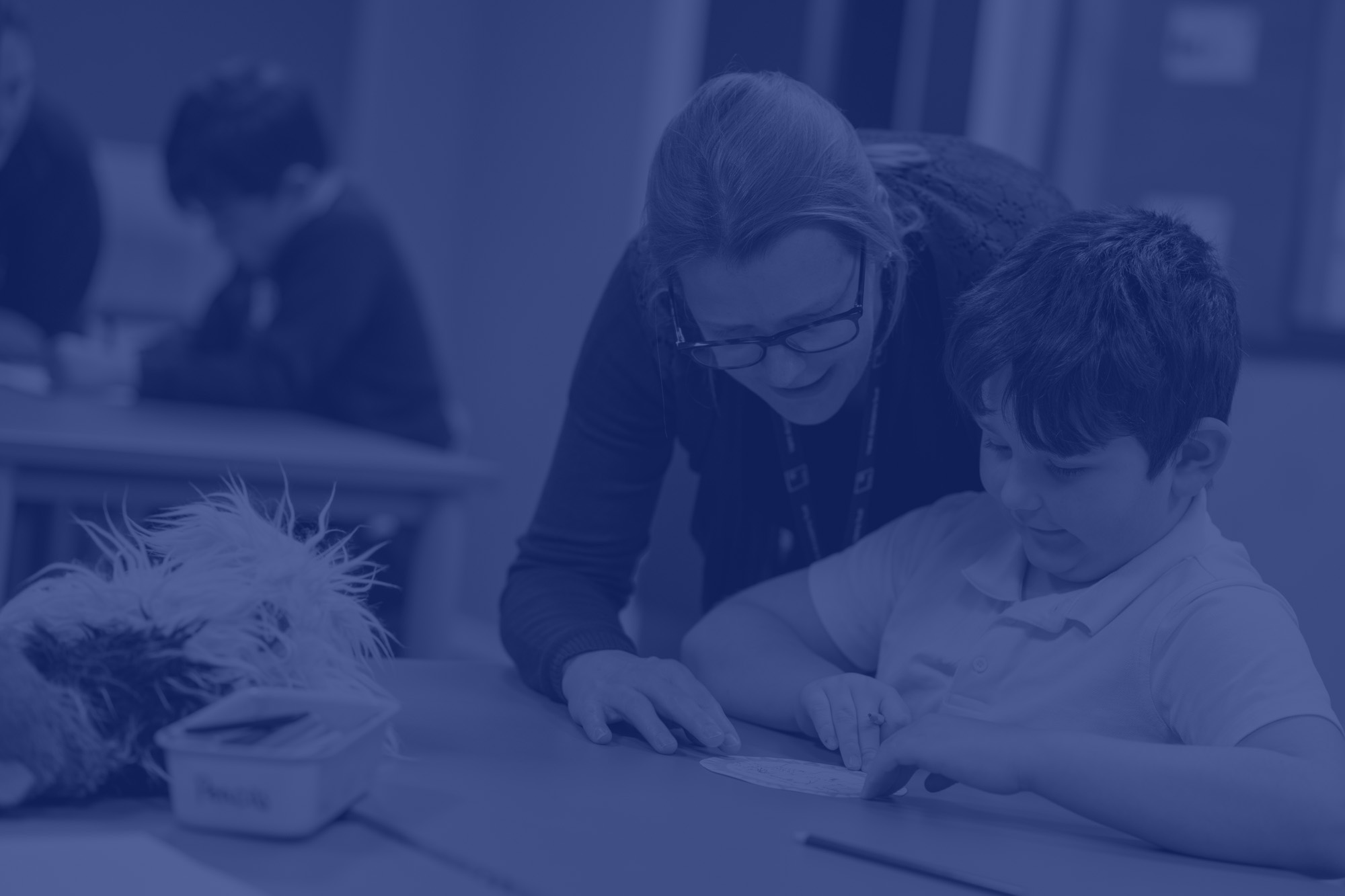Why do we teach Design Technology at Euler?
At Euler Special School, we believe Design Technology is an important area of the curriculum and many opportunities are given for the children to engage in it.
Design Technology is taught across the school in a way that allows pupils to build upon their previous skills while learning about processes that will help them in their adult lives and potential future careers. It enables children of all abilities to use their creative imagination to achieve their potential, this achieved through highly skilled guidance and specific learning criteria.
Children work individually and within a group to develop their social and personal skills, addressing an issue prevalent within our school population. Design Technology is not taught in isolation, although it retains its creative base and its skills and techniques.
Wherever appropriate it is linked to other areas of the curriculum and gives children the opportunities to look at real world problems while reinforcing their knowledge and skills.
What is the Design Technology curriculum offer at Euler?
The Design Technology curriculum offer throughout Euler Special School follows the National Curriculum design, make and evaluate cycle. Through this they acquire a broad range of technical knowledge and vocabulary whilst also drawing on disciplines such as Mathematics, Science, Engineering, Computing and Art. Each of these elements should be given equal weight and taught to a high standard. Evidence of each of these strategies should be found in DT books and photographs and should show clear progression across the Key Stages.
Design: Rooted in real-life, relevant contexts, children design products with a purpose and an intended user of the products in mind. They use research and develop design criteria to inform the design of innovative, functional, appealing and fit-for-purpose products. Planning should be through appropriate formats i.e. annotated sketches, patterns/templates, communicating ideas verbally and prototypes/’mock-ups’. In some cases, designs may be computer aided.
Make: Whilst making, children will be given a wide range of tools, materials and components including textiles, construction equipment and ingredients. They build and apply a repertoire of knowledge, understanding and skills (i.e. cutting, shaping, joining and finishing) in order to make high-quality prototypes and products for a range of users.
Evaluate: Children at Euler learn to critique, evaluate and test their ideas and products as well as the work of others. They investigate and analyse a range of existing products to understand how individuals and key events have shaped design and technology globally. In addition, they learn to evaluate their work against their own design criteria and consider the views of others in order to improve their work.
How are knowledge and skills acquired in Design Technology?
Through our engaging and bespoke curriculum offer, Design Technology skills and knowledge are developed through the previously mentioned steps of design, make and evaluate. This systematic approach to creating a product is tailored to each of our children’s strengths, allowing flexibility in the process so all children can both experience the process and be successful within each session.
Enrichment
Elements of the Design Technology curriculum are included in our extra-curricular clubs offer, an example of this is seen in our coding club where children are able to design and make, using crumble kits, their own moving machines. We plan to incorporate all areas of STEM within a specific week within the year. This will allow children to choose projects which most interest them.
